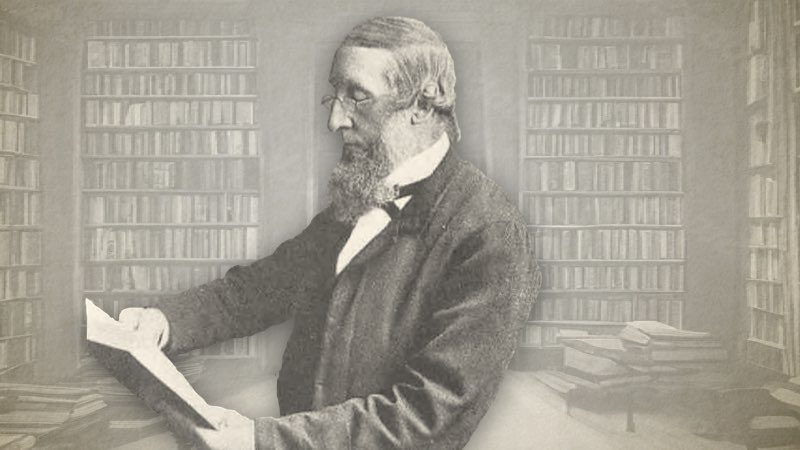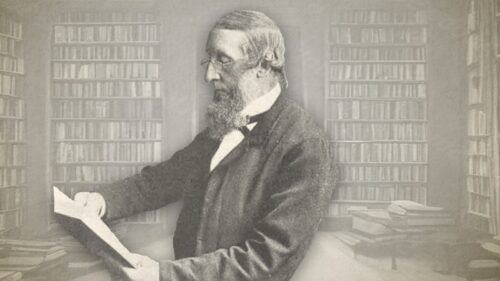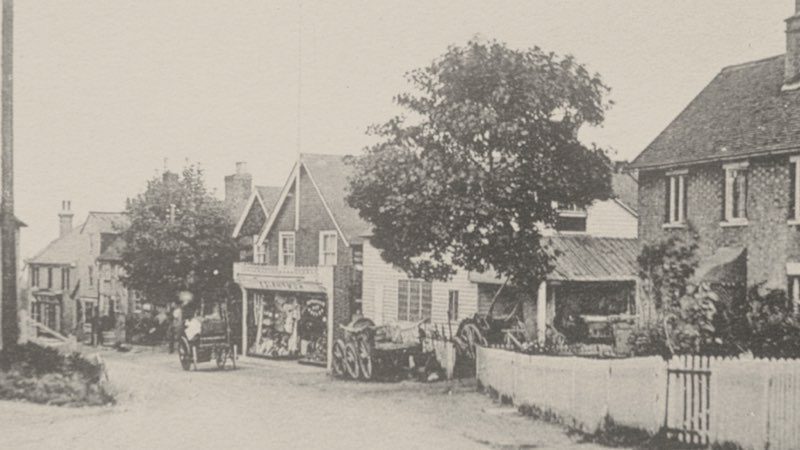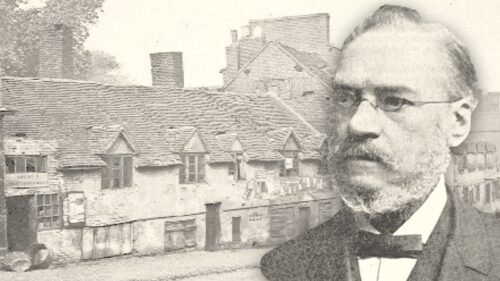-
The Death Of Grey Hazlerigg
We sincerely hope the Church of Christ will be favoured with the record of the life of this faithful pastor, preacher, and editor. Our beloved brother fell asleep in Jesus on October 4th, 1912, at the advanced age of 94 years. For over three score years he was the devoted pastor of the Church meeting for worship at Zion Chapel, Leicester. We had anticipated the publication of his life and labours in the Gospel Standard, of which at one time he was the esteemed editor, but were disappointed in having but two pages in the December issue, with no indication of a forthcoming memoir.
-
Philpot’s And Popham’s Remembrance Of Grey Hazlerigg
Jospeh Philpot: “I remember him as a slim, dapper, little man with a pale, thin face and an aristocratic nose." James Popham, then Editor of the Gospel Standard in the year of Hazlerigg’s death: “It would seem that an archangel cannot be employed in a work so honourable, so glorifying to God, so beneficial to elect men as a true minister of the gospel can. And such a minister was the late Mr. Hazlerigg. To how many he was such is known only to God who sent him and
-
The Life And Ministry Of William Mortimer
The Late Mr. Mortimer.—Many of our friends expressed their regret that we published so poor an account of Mr. Mortimer as appeared in our No. for June, 1869. But we published all we received, and could not do more. Last month, a friend at Chippenham sent us a copy of the"Wiltshire Independent" of April 8th, 1869, containing a few further particulars, with a request that we would insert them. While expressing our surprise that these particulars have been so long delayed, we feel it right to give them a place, believing they will be acceptable to Mr. Mortimer's more immediate friends.
-
The Life And Death Of William Osmond
The announcement of the departure of our devoted and loving brother William Osmond to the heavenly Canaan took us somewhat by surprise. The event took place, as will be seen in the annexed account by brother Goodhew, secretary of the Church at Ebenezer, on Tuesday, January 8, 1895. As a sketch of the origin, call by grace and to the ministry, with a portrait, appeared in our September number, 1892, there will be no necessity for a recapitulation, a concise summary will be sufficient to refresh the memory.
-
The Life And Testimony Of William Osmond
My Dear Brother Winters,—At the request of several of my friends in Christ, I have endeavoured to give a short relation of the Lord's dealings with me in Providence and grace until the present time. I have been told that I was born in Bermondsey, about a mile from London Bridge, June 26, 1825, and before I had attained the age of three years, God's goodness and special mercy were manifested on my behalf. The Lord removed both parents from time to eternity, and they gave no signs of grace; but my mother, a widow, a fortnight before her death, left me with my father's sister, a godly woman, who prayed for me, watched over me, taught me to read the Bible, fed and clothed…
-
A Brother Beloved (William Styles)
After reading the excellent article of Mr. Flegg in the July issue, and then the "Personal Appreciation" of Mr. Bull in that for August, I feel strongly constrained to add a few words more of appreciative testimony, having had the privilege of personal acquaintance with Mr. Styles for some twenty-five years or more. The text at the head of these remarks, taken (of course) away from its surroundings, will doubtless be expressive of the feeling of many, particularly (though by no means exclusively) in our own denomination. Ever modest and reticent, almost to shyness, with regard to his own talents and acquirements, he was desirous to use what he possessed for the good of others who needed help and did so use it continually. Almost…







